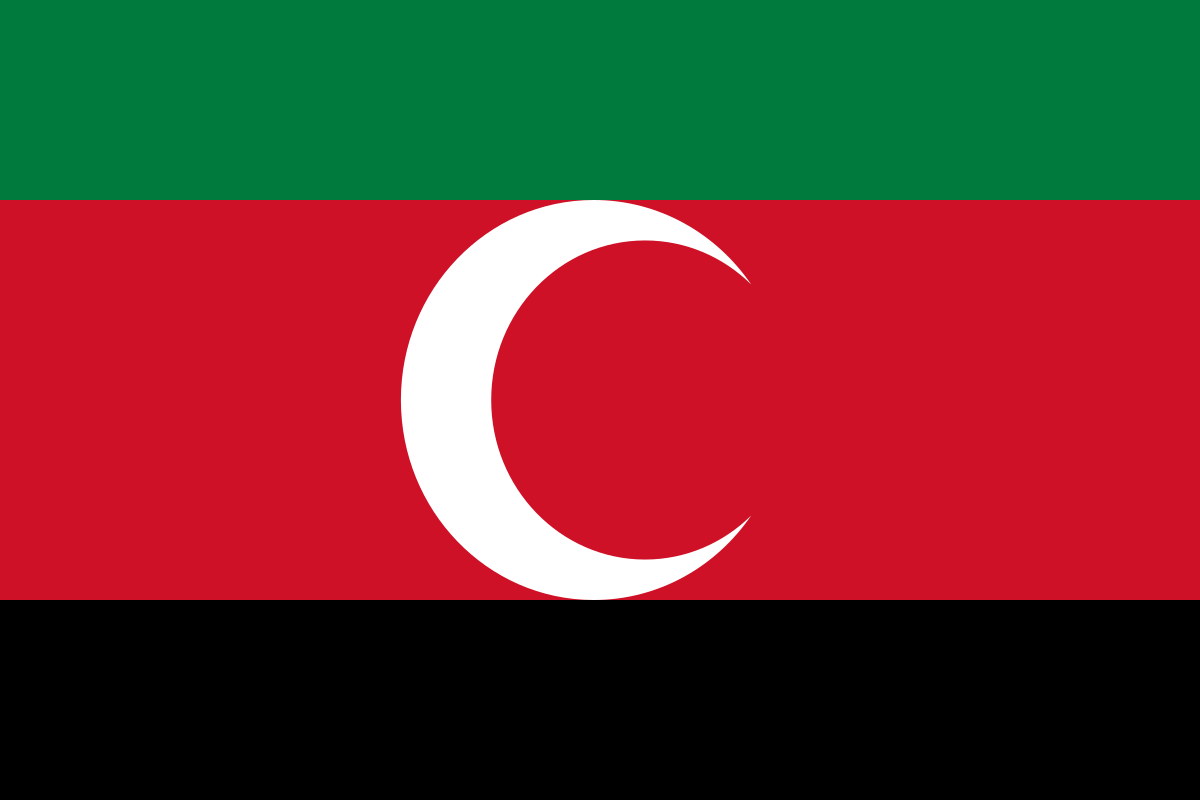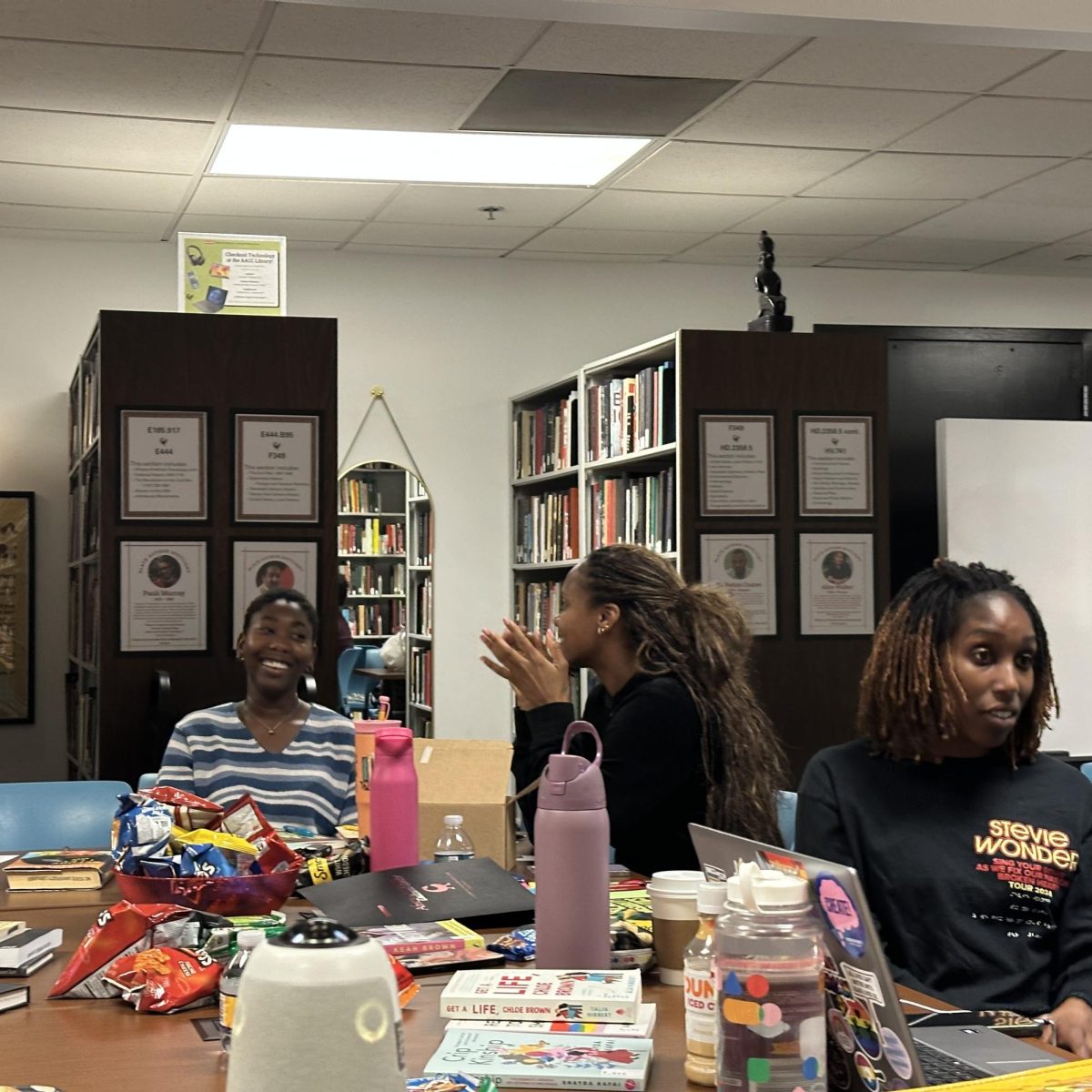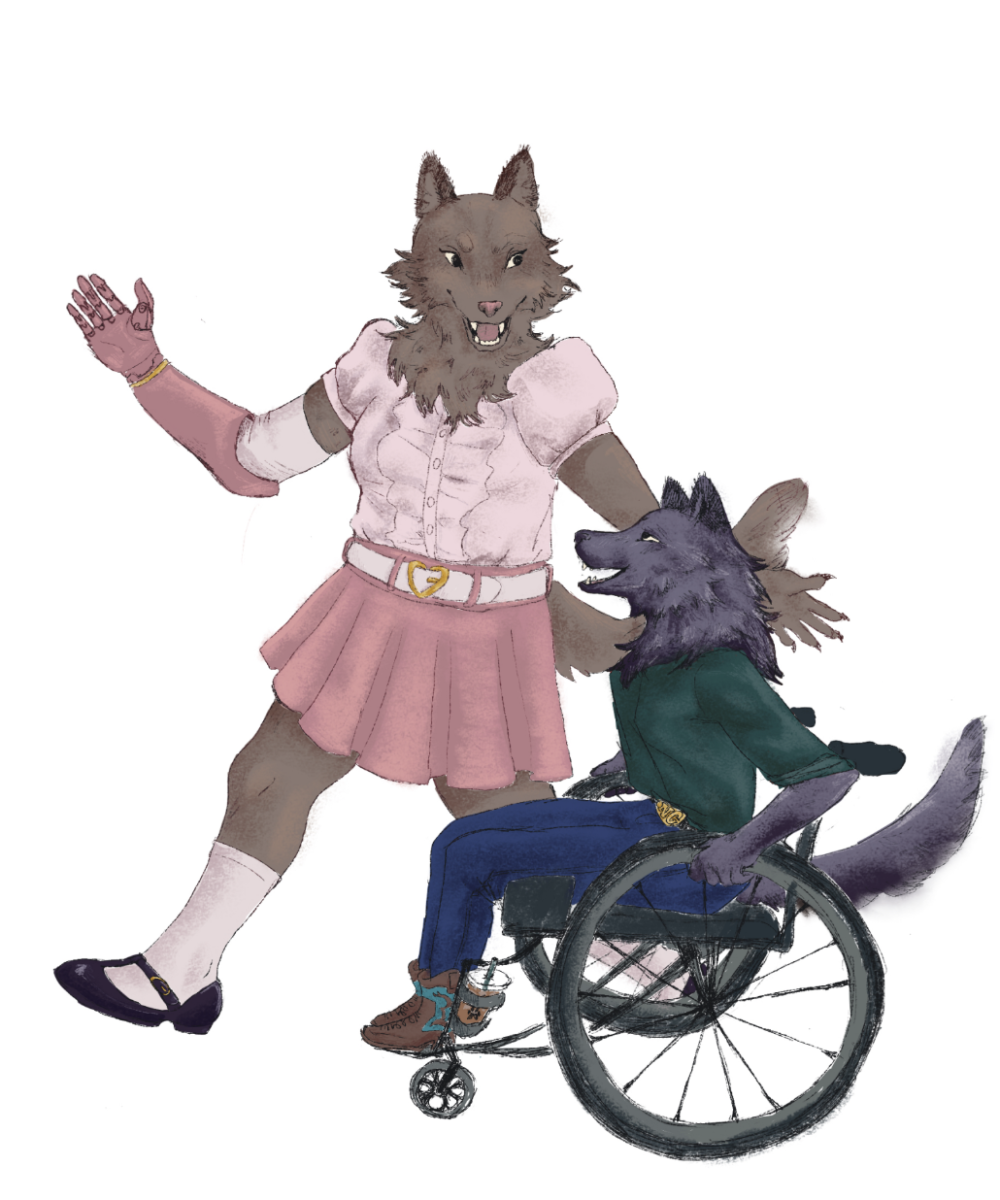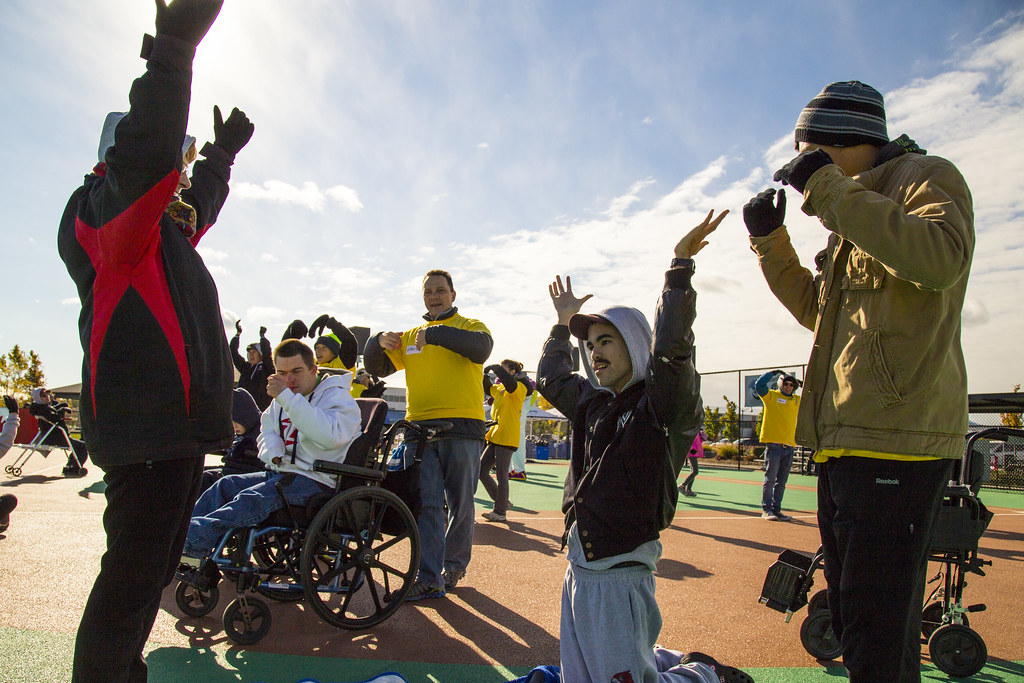Since the country’s liberation from Great Britain in 1956, Sudan has been ridden with conflict. Despite the lack of media attention surrounding the ongoing violence in Darfur, Sudan, it has been the site of decades of atrocities.
Conflict and Political Instability
Between 1958 and 1989, the Sudanese government experienced the installment of three military-backed political coups. These regimes each carried starkly different political ideologies, yet push for the Islamification of the country.
Tensions in the South where the majority of the population consisted of non-Arab Christians, who were persecuted by an Islamic Arab majority.
The tensions resulted in a Civil War between the Sudanese Armed Forces (SAF), the military forces of the Republic of Sudan and Sudan’s People’s Liberation Movement/Army (SPLM/A), the regime currently presiding over South Sudan.
Although most non-Arab African ethnic groups resided in the South of Sudan, there were still large populations mainly Masalit, Beja, Nuba and Fur in the north.
Between 2000 and 2004 the conflict in Southern Sudan progressed into secession to become South Sudan. Simultaneously, rebel groups in Darfur such as the Justice and Equality Movement (JEM) and a faction of the SPLM arose. In 2003, the pro-government Arab militia, Janjaweed, began mass rapes and executions of the Fur people who are native to Darfur.
The Janjaweed, mostly of Sudanese-Arab descent who resided in Darfur, later became the Rapid Support Forces (RSF), an important actor in today’s conflict.
In the same year, US Secretary of State, Colin Powell declared the happenings in Darfur a genocide. This subsequently activated the United Nations Security Council to impose sanctions against those who violated the N’djamena Ceasefire Agreement in Darfur. Along with this, the Council voted to refer actors who have committed war crimes in Darfur to the International Criminal Court.
Despite the UN’s efforts for peace as well as the signing of a peace agreement between SPLM and SAF, smaller militias refused to comply with the deal, perpetutaing the violence.
In 2010, JEM came to sign an agreement with the Sudanese government, prompting President Omar al-Bashir of the National Congress Party (NCP) to declare the war in Darfur over. Similar to previous events, small rebel groups disagreed with the deal and fighting continued.
For the next decade, Sudan oscillated between periods of peace and conflict until the fall of President al-Bashir’s rule. This was brought on by a coup orchestrated by Abdel Fattah al-Burhan, a fellow NCP member. In 2019, the new government took office under Prime Minister Abdalla Hamdok.
Although the country was unstable due to constant conflict within the government, such as a coup performed by Bashir loyalists in 2021, Hamdok ultimately remained in power.
In 2023, fighting sparked in Khartoum, Sudan’s capital, with the aggressors being the RSF and SAF against civilians, who resumed mass rape and killings in Darfur
Impact and Global Recognition
With the RSF’s motive being to permanently wipe non-Arab communities away from the Darfur region, the weight of decades worth of fighting and genocide has become insurmountable.
The war in Darfur has resulted in the displacement of 11 million people and left 750,000 people on the brink of famine since 2023. In 2024, the UN reported that 10,000 to 15,000 people had been killed in December 2023 alone, estimating the current death toll to be around 150,000 people.
For years, a lack of widespread media coverage of the genocide in Darfur compared to concurring events around the world has been an issue.
In 2024, Martin Griffiths, UN Under-Secretary-General for Humanitarian Affairs and Emergency Relief Coordinator stated, “It’s very, very difficult to get attention to Sudan, which, in my view, is a place of as great a suffering as anywhere in the world today.”
Despite this lack of coverage, the issue has often garnered attention from nations around the world, including the United States.
On Jan. 7, US Secretary of State, Antony Blinken released a statement condemning the conflict between the SAF and RSF. Blinken went on to deem the genocide in Darfur, “the world’s largest humanitarian catastrophe.”







